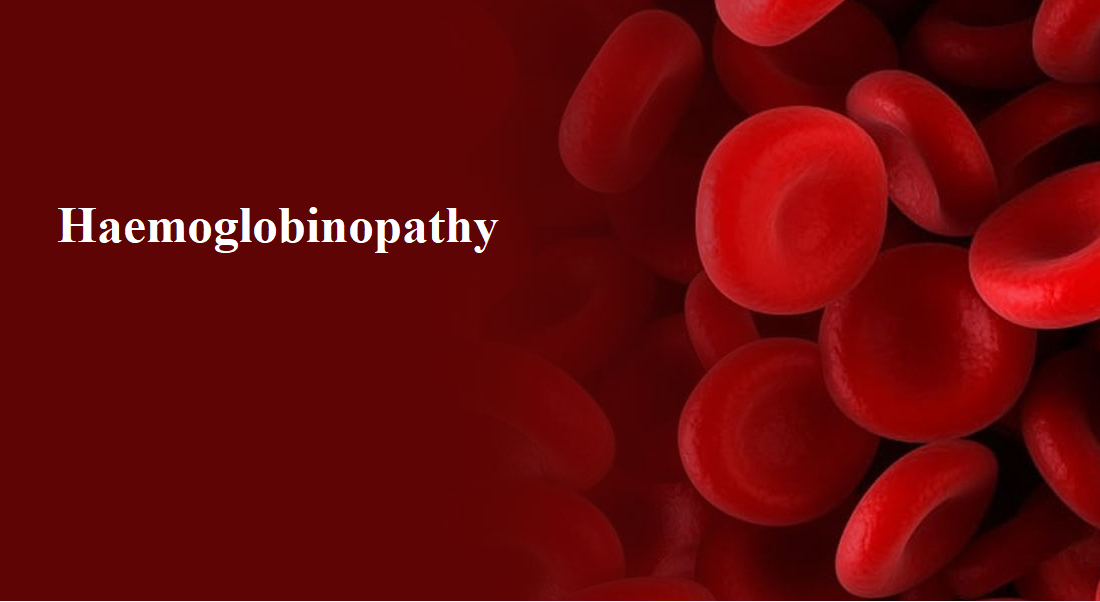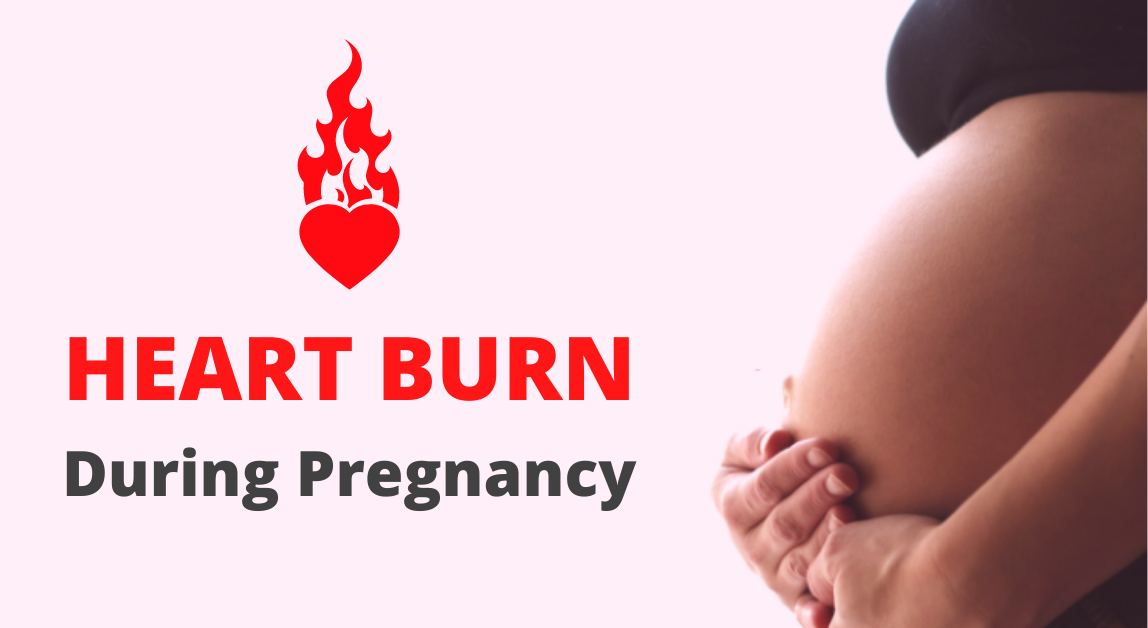
Haemoglobinopathy
Haemoglobinopathy such as thalassaemia are inherited blood disorders. If you’re a carrier of thalassaemia gene, you can pass these health conditions on to your baby.
If the mother is found to be a carrier, screening is also offered to the father.
If you find out you’re a carrier, you and your partner will have the option of further tests to know if your baby will be affected.
When both parents are carriers
When both parents are carriers, each time they’re expecting a child there’s:
- A 1 in 4 chance of the child not having or carrying the disease
- A 2 in 4 chance of the child being a carrier
- A 1 in 4 chance of the child having the disease
- Tests when both parents are carriers
If tests show your baby’s father is also a carrier, there’s a 1 in 4 chance that your baby can have the disease.
You’ll be offered further tests called diagnostic tests to find out if your baby is affected.
A diagnostic test will tell you:
- If your baby has thalassaemia or another haemoglobin disorder
- If your baby is a carrier
- If your baby is completely unaffected
About 1 in 100 diagnostic tests result in a miscarriage. It’s up to you whether or not to have the diagnostic test.
Chorionic villus sampling (CVS)
- This is usually performed from 11 to 14 weeks of pregnancy.
- A fine needle, usually put through the mother’s tummy, is used to take a tiny sample of tissue from the placenta.
- The cells from the tissue can be tested for sickle cell or thalassaemia.
Amniocentesis
- This is done from 15 weeks of pregnancy.
- A fine needle is passed through the mother’s tummy into the uterus to collect a small sample of the fluid surrounding the baby.
- The fluid contains some of the baby’s cells, which can be tested for thalassaemia.
- Some blood disorders are more serious than others. Some women decide to continue with the pregnancy, while others decide they do not want to continue with the pregnancy and have a termination (abortion).


